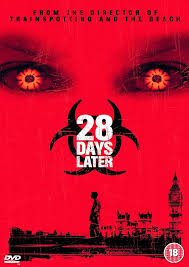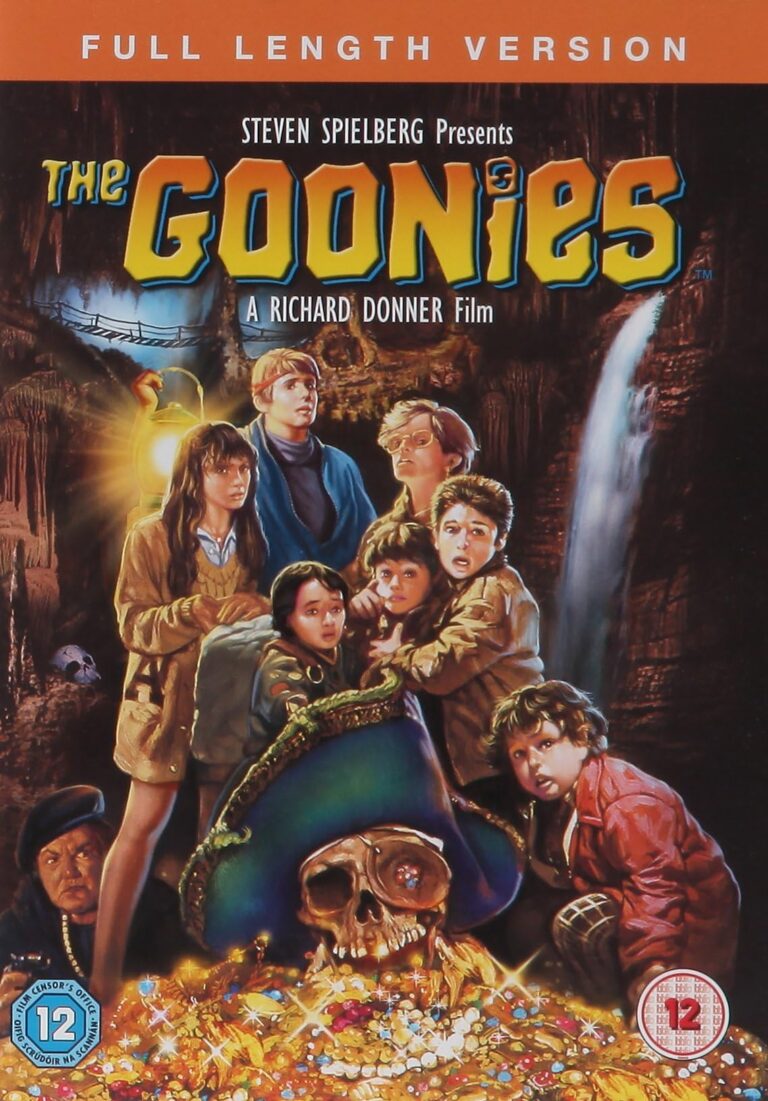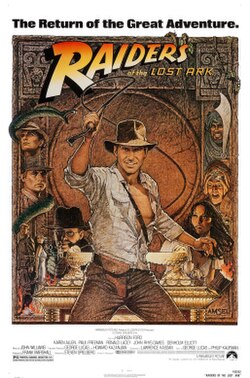
Introduction
The release of ’28 Days Later’ in 2002 marked a significant turning point in the horror genre, combining elements of psychological thriller and science fiction. Directed by Danny Boyle, the film not only revolutionized the zombie movie landscape but also influenced a new wave of filmmakers. Its exploration of societal collapse and the psychological effects of trauma makes it a relevant topic for both film enthusiasts and those interested in cultural discourse.
The Impact of ’28 Days Later’
Set in a post-apocalyptic world, ’28 Days Later’ follows Jim, played by Cillian Murphy, who awakens from a coma to find that a rage-inducing virus has devastated the UK. The film captivated audiences with its gritty realism, innovative storytelling, and haunting cinematography. Shot digitally, it provided a raw and immersive experience that set it apart from traditional horror films of the time. The use of empty urban landscapes and the haunting score by John Murphy heightened the film’s unsettling atmosphere.
Cultural Significance
’28 Days Later’ artfully critiques modern society, highlighting how quickly civilization can erode under pressure. Themes of isolation, survival, and the fragility of human relationships resonate deeply in today’s context, especially in light of recent global crises like the COVID-19 pandemic. The film’s protagonists navigate not just external threats, but also the moral dilemmas that arise amidst chaos, reflecting our humanity when faced with despair.
Influence on Film and Media
This film has inspired countless adaptations and works in the horror genre, reaffirming the zombie trope in popular culture. Works like ‘The Walking Dead’ and ‘World War Z’ showcase the enduring legacy of ’28 Days Later’ on narrative structure and character development in post-apocalyptic settings. Furthermore, its influence extends to video games, as seen in franchises like ‘Left 4 Dead’ and ‘The Last of Us,’ which echo the themes of survival and human emotion found in the film.
Conclusion
More than just a horror film, ’28 Days Later’ is a significant cultural artifact that continues to shape how stories of apocalypse are told in cinema. As we reflect on the themes of fear and resilience presented by Boyle, it’s evident that the film’s legacy will endure in both the horror genre and broader cultural conversations about humanity’s fight for survival. The film remains a potent reminder of the balance between societal order and chaos, relevant to audiences far beyond its initial release.






